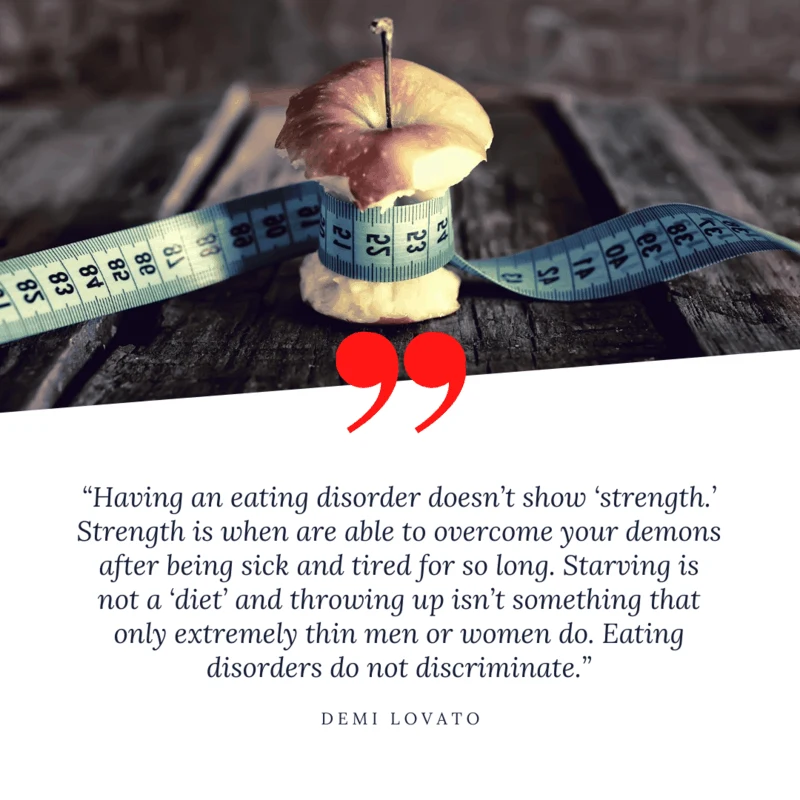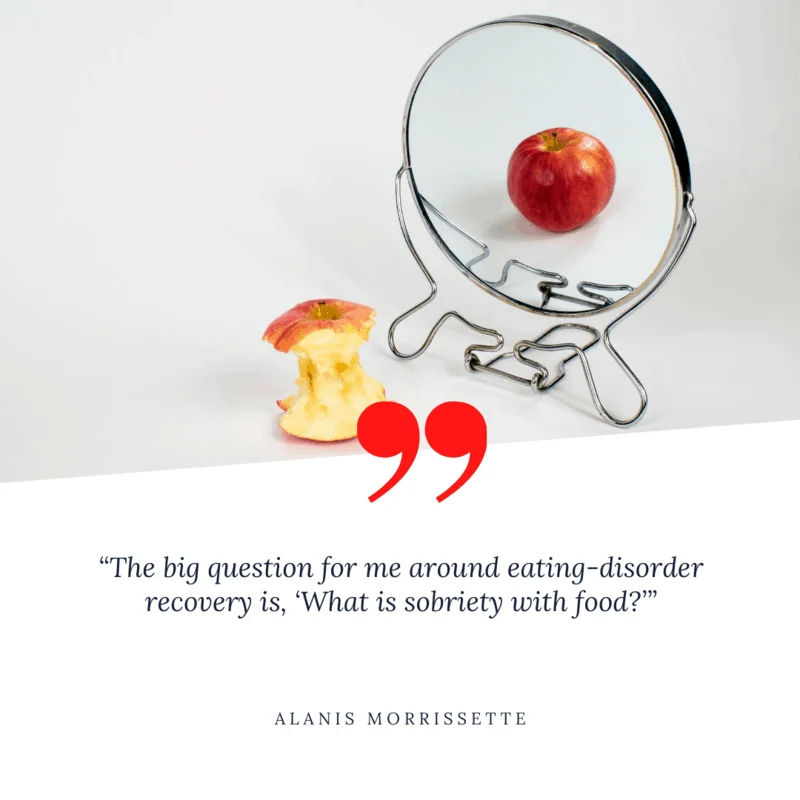Celebrities Who Struggled with Anorexia Nervosa: A Journey of Recovery and Resilience
Anorexia nervosa, a severe mental illness characterized by an overwhelming fear of weight gain and a distorted body image, doesn’t discriminate. It affects people of all ages, genders, and backgrounds—even those living under the bright lights of fame. Celebrities, despite their glamorous lifestyles, face immense pressures that can lead to the development of eating disorders, particularly in industries obsessed with appearance and physical perfection.
While it’s hard to pinpoint exact statistics on the prevalence of anorexia among celebrities, the National Association of Anorexia Nervosa and Associated Disorders (ANAD) estimates that over 30 million people in the United States suffer from some form of eating disorder. The world of entertainment often amplifies these struggles, placing immense pressure on stars to fit into unrealistic standards of beauty. But some brave celebrities have spoken out about their battles with anorexia, helping to reduce the stigma around eating disorders.
The Hidden Toll of Fame and Appearance
The constant scrutiny celebrities face can lead to unhealthy behaviors. Whether it’s meeting the demands of a role or trying to fit into a narrow ideal of beauty, these stars often struggle in silence. Anorexia nervosa is not just about food; it’s about control, identity, and sometimes, survival. And recovery? It’s not easy. But for those in the limelight, the journey of healing can inspire countless others to seek help.
Here are six well-known figures who have courageously shared their experiences with anorexia nervosa.
Demi Lovato: Using Her Platform for Change
Demi Lovato’s openness about her mental health struggles has touched millions. Along with battling addiction and bipolar disorder, she has spoken candidly about her struggles with anorexia nervosa. Demi’s journey with eating disorders was highlighted in her documentary Simply Complicated, where she discussed the deep emotional and psychological toll it took on her life.
In her own words, Demi shared:
“Having an eating disorder doesn’t show ‘strength.’ Strength is when you can overcome your demons after being sick and tired for so long. Starving is not a ‘diet,’ and throwing up isn’t something that only extremely thin men or women do.”
Her advocacy for mental health awareness and eating disorder recovery has sparked important conversations, helping to destigmatize the condition.

Billy Bob Thornton: A Hidden Battle
Oscar-nominated actor Billy Bob Thornton, known for his versatile roles, also struggled with anorexia nervosa. In 1998, after his film U-Turn, Thornton revealed that his weight loss spiraled out of control. He dropped 59 pounds and later admitted:
“I think I had a little mental problem. I got anorexic, but I denied it to my girlfriend and everyone else.”
Thornton’s experience reminds us that eating disorders can affect anyone, including men—an often overlooked group when discussing anorexia.
Alanis Morissette: Seeking Sobriety with Food
Singer-songwriter Alanis Morissette has also been open about her struggles with anorexia and bulimia. In her memoir Jagged Little Pill, she wrote about the emotional trauma she faced and how it manifested in disordered eating. Reflecting on her recovery, Alanis once said:
“The big question for me around eating disorder recovery is, ‘What is sobriety with food?'”
Her voice continues to inspire those fighting the same battle, offering hope that recovery is attainable.

Dennis Quaid: Striving for Perfection
Dennis Quaid, best known for his roles in The Parent Trap and Wyatt Earp, shed over 50 pounds for his portrayal of Doc Holliday in the 1994 film Wyatt Earp. However, that drastic weight loss led him down a dangerous path of calorie counting and obsessive exercise. Quaid later shared with People:
“For many years, I was obsessed about what I was eating, how many calories it had, and how much exercise I’d have to do.”
His experience sheds light on the risks actors face when undergoing extreme physical transformations for roles.
Lady Gaga: Champion for Body Positivity
Lady Gaga, one of the most influential voices in pop culture, has been vocal about her history with anorexia nervosa and bulimia nervosa, which began when she was just 15. She used her platform to share her experiences with body dysmorphia and the pressures she faced to look a certain way in the entertainment industry.
In a 2012 interview with Harper’s Bazaar, Gaga emphasized:
“I’ve battled [eating disorders] for over 10 years. The dieting, the body image issues—it’s not something you just fix.”
Gaga’s honesty about her struggles and her message of self-love have empowered her fans, lovingly known as “Little Monsters,” to embrace themselves just as they are.
Other Notable Celebrities Who Have Struggled with Anorexia Nervosa
Several other well-known figures have experienced anorexia nervosa, including:
- Mary-Kate Olsen
- Portia de Rossi
- Tracey Gold
- Zayn Malik
- Calista Flockhart
- Karen Carpenter (tragically lost to complications of the disorder)
These celebrities, through their vulnerability, remind us that eating disorders do not discriminate. Their stories are vital in raising awareness and encouraging others to seek help.
Taking the First Step Toward Recovery
If you or someone you know is struggling with anorexia nervosa, it’s crucial to seek help from a qualified professional. Recovery is possible, and you don’t have to navigate it alone.
Here’s how you can start:
- Talk to Your Doctor: Begin by speaking with a healthcare provider to assess your physical and mental health.
- Find a Therapist: Seek a therapist who specializes in eating disorders. They can help uncover the root causes and develop coping strategies.
- Join a Support Group: Connecting with others who share similar experiences can provide emotional support.
- Consider Treatment Programs: Inpatient or outpatient treatment might be necessary for more severe cases.
If you’re interested in exploring more resources, consider checking out recovery books or mental health tools available on ANAD. Your journey toward healing starts with one small step.
